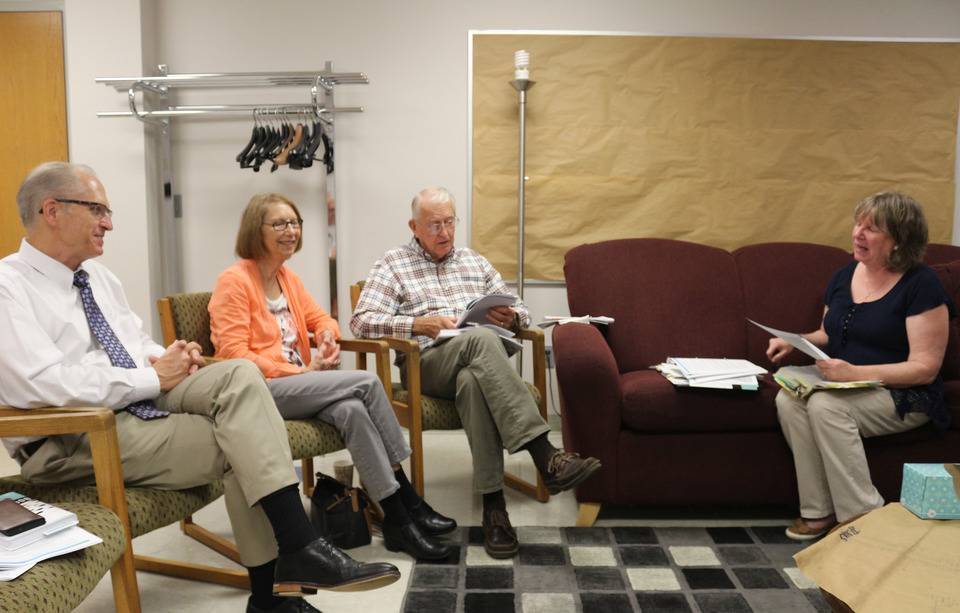Our weekly devotional content ties back to the worship themes and scriptures from the previous Sunday. Dig deeper into what the Word and the message mean to you, and explore how you can deepen your walk with Christ through these resources.
In addition to the devotional resources, the "5 Minutes with God" sections are like spiritual snacks; small, quick, easy connections you can make as you go about your busy life.



